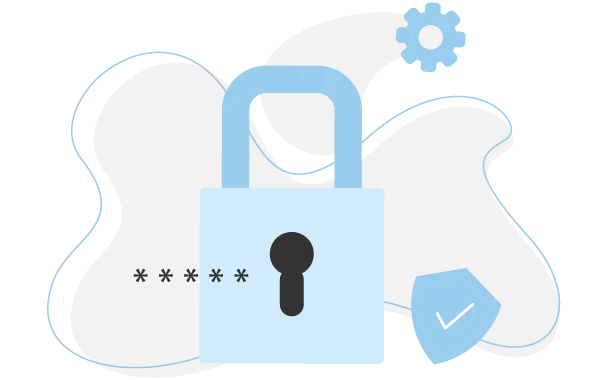Responsible Disclosure Program
At Domo, we are dedicated to the protection of customer data, our confidential data, and enabling trust across the board. We recognize that security researchers play a very important role in helping us keep Domo and our customers secure.
Reporting a Potential Security Vulnerability
To enhance our collaboration with security researchers and streamline the process of responsible reporting of potential security vulnerabilities, our Vulnerability Disclosure Program is now hosted on Intigriti. If you wish to report any suspected vulnerability, please submit your report directly on Intigriti’s Domo page
